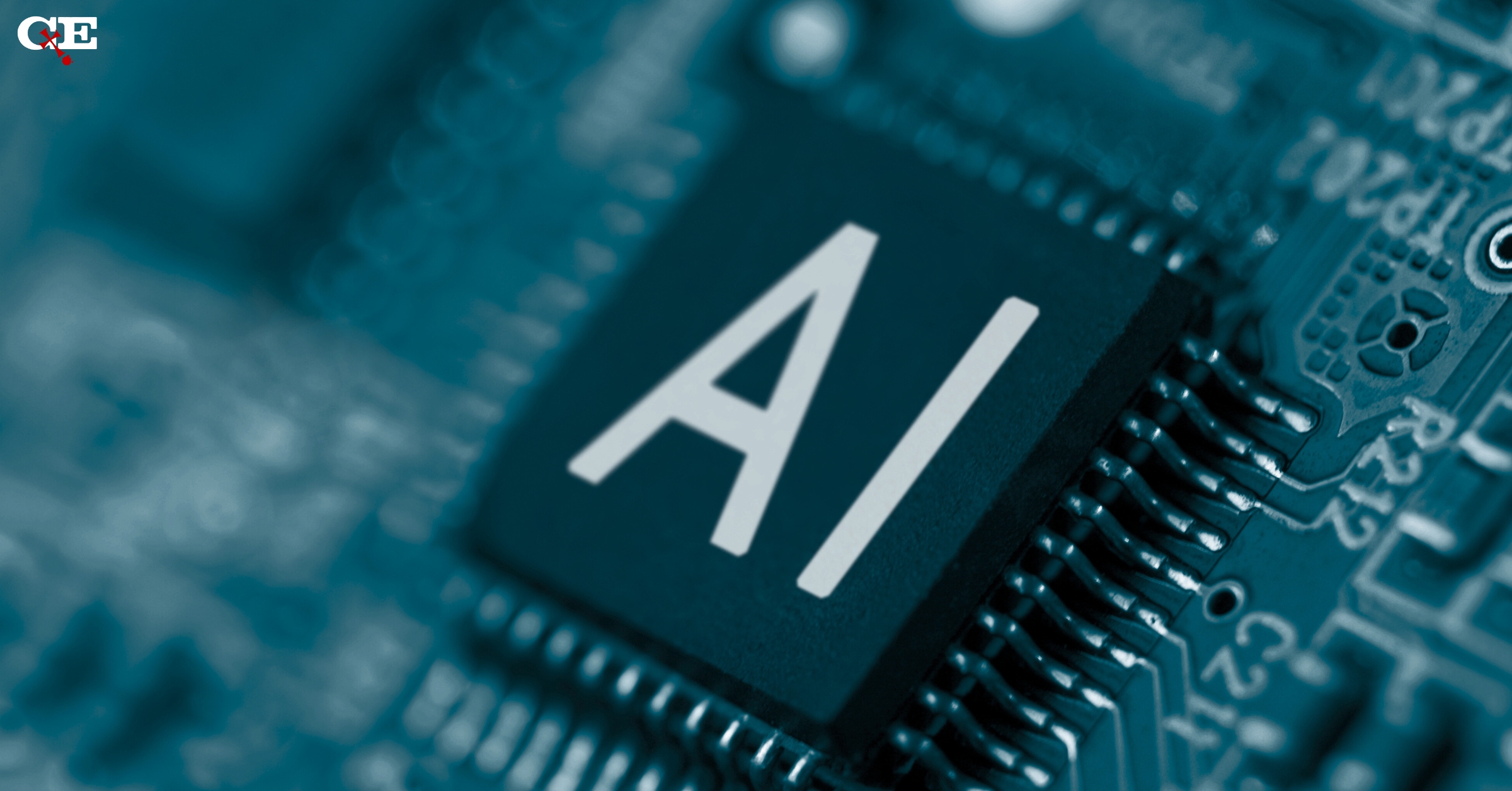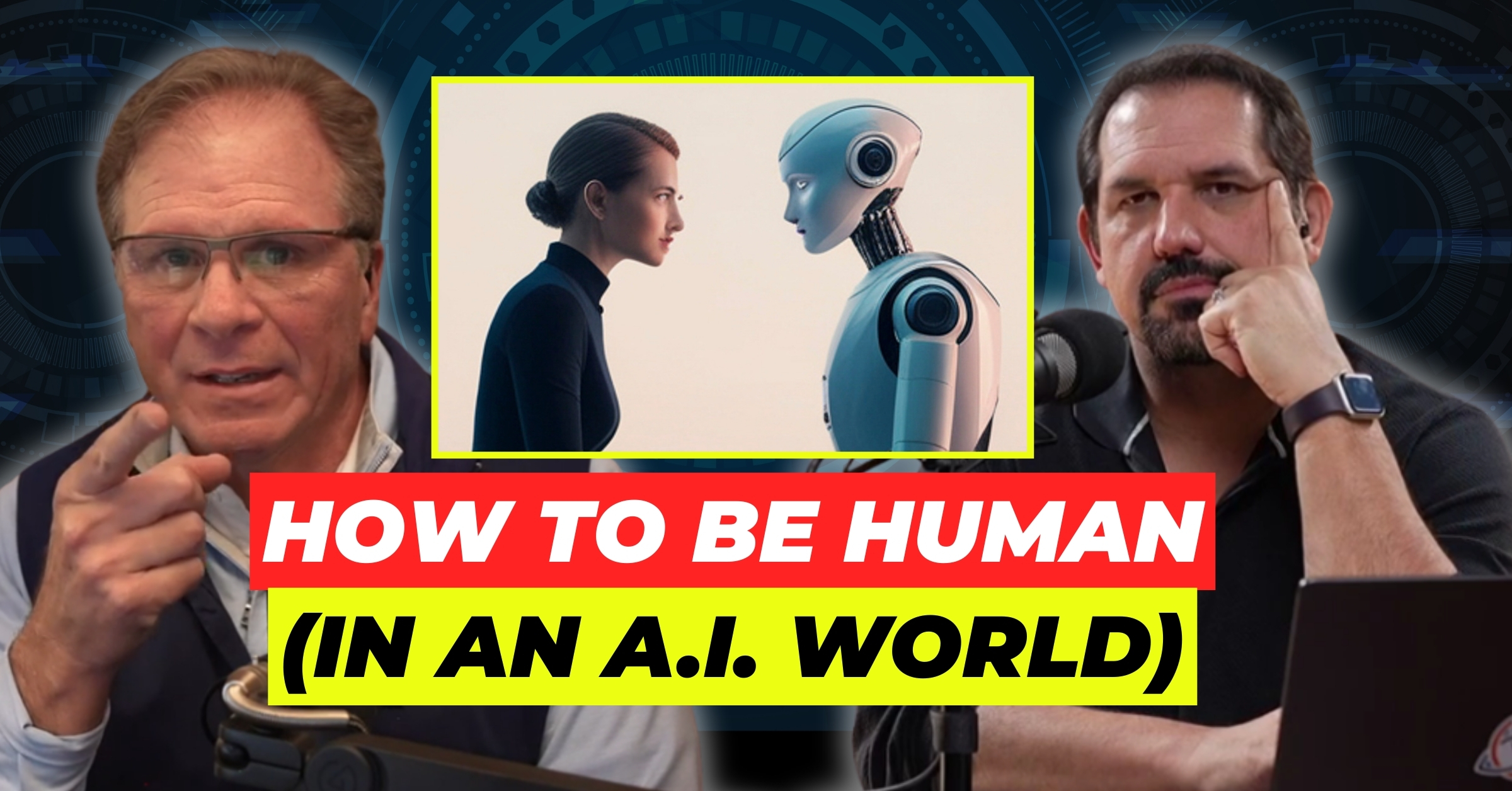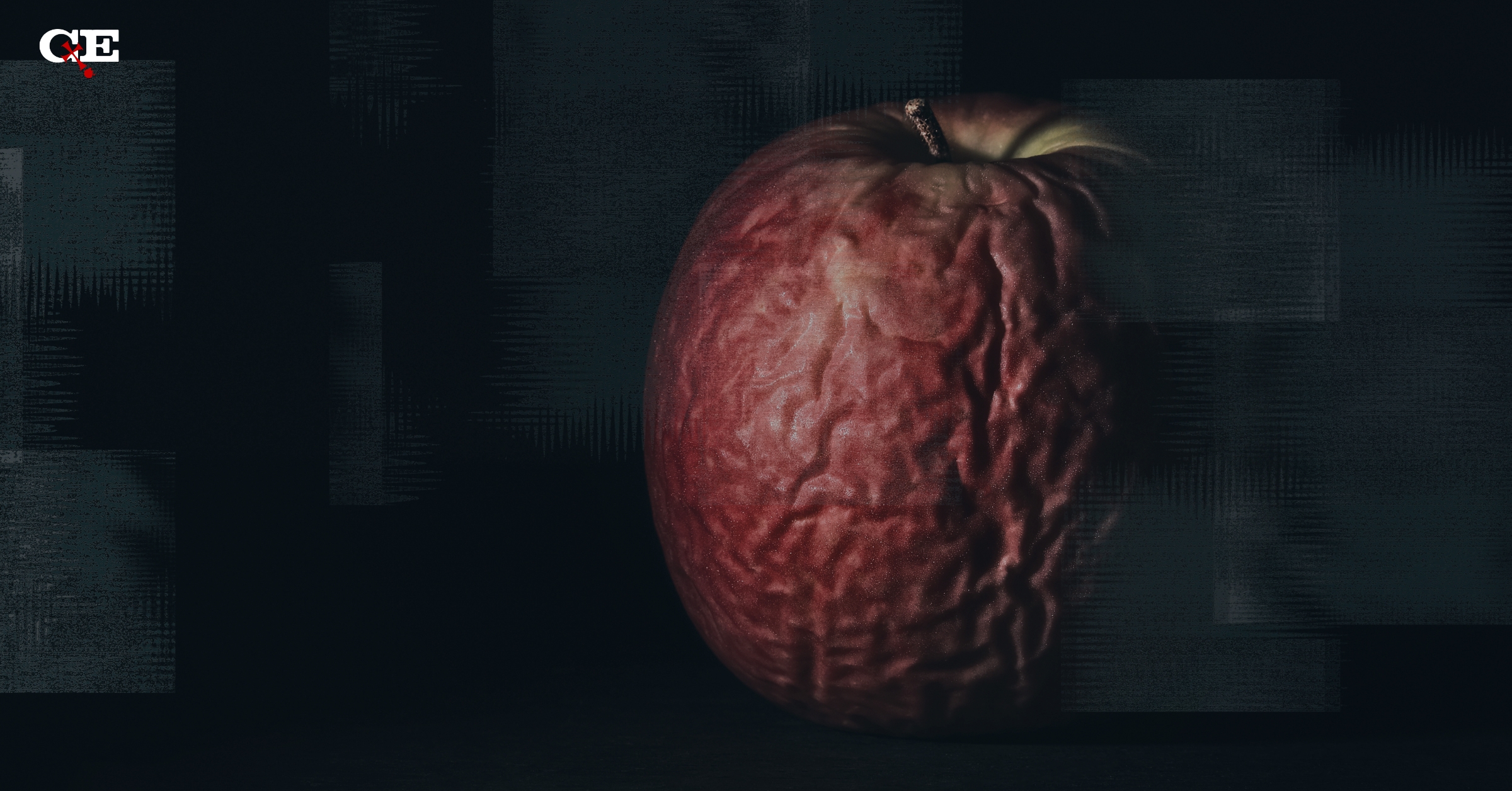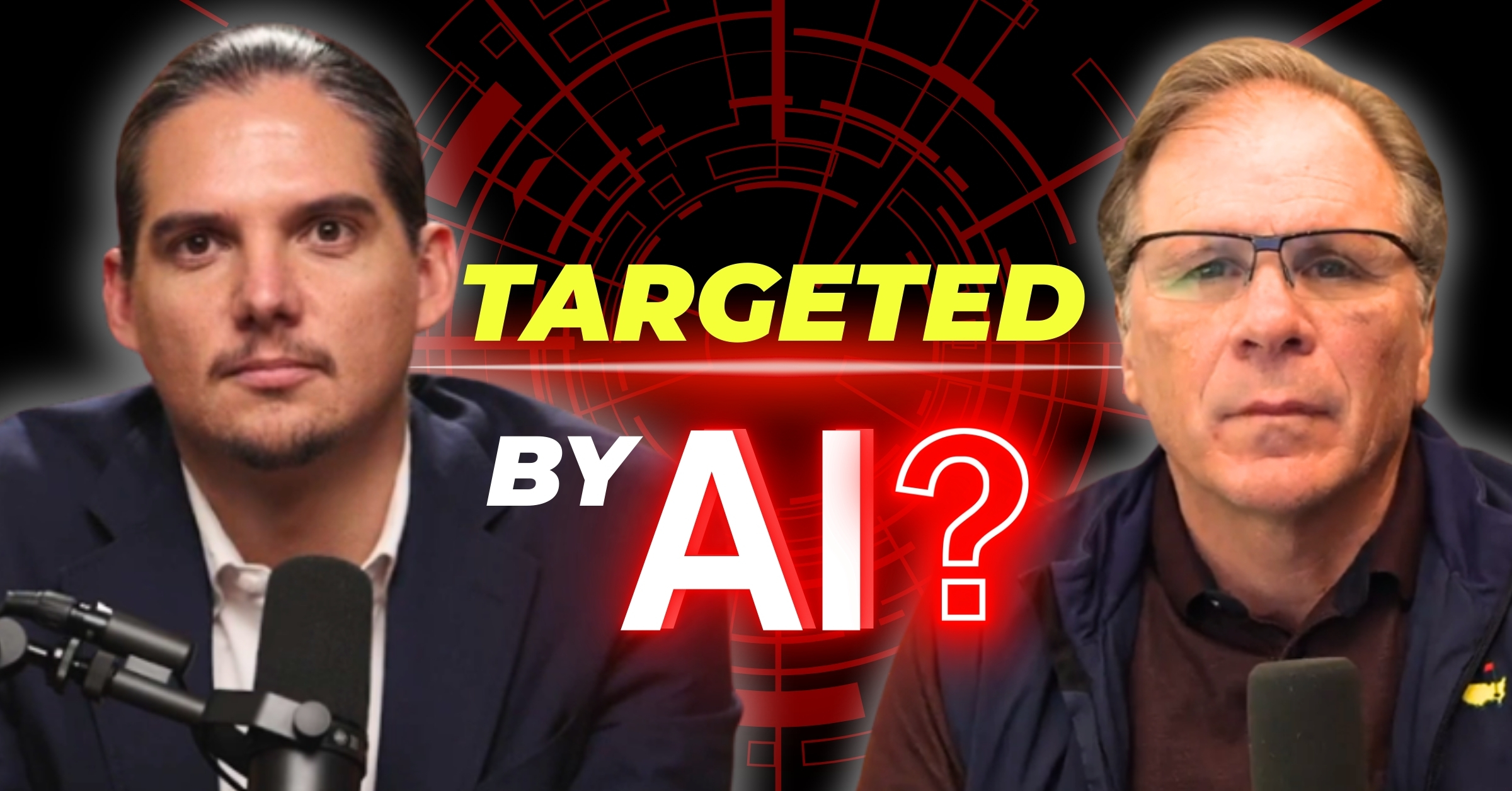What the Heck is Artificial Intelligence and Why Does it Matter?
A TikToker programs himself a virtual AI girlfriend and decides to “euthanize” her when she becomes less responsive, and he falls into depression. Entire porn sites are dedicated to stealing the images of female online influencers (specifically Twitch streamers) using AI to create “deepfake” pornography. And creative things that we typically perceive as uniquely human, like art and music, are being generated by AI . . . and they are impressive, to say the least.
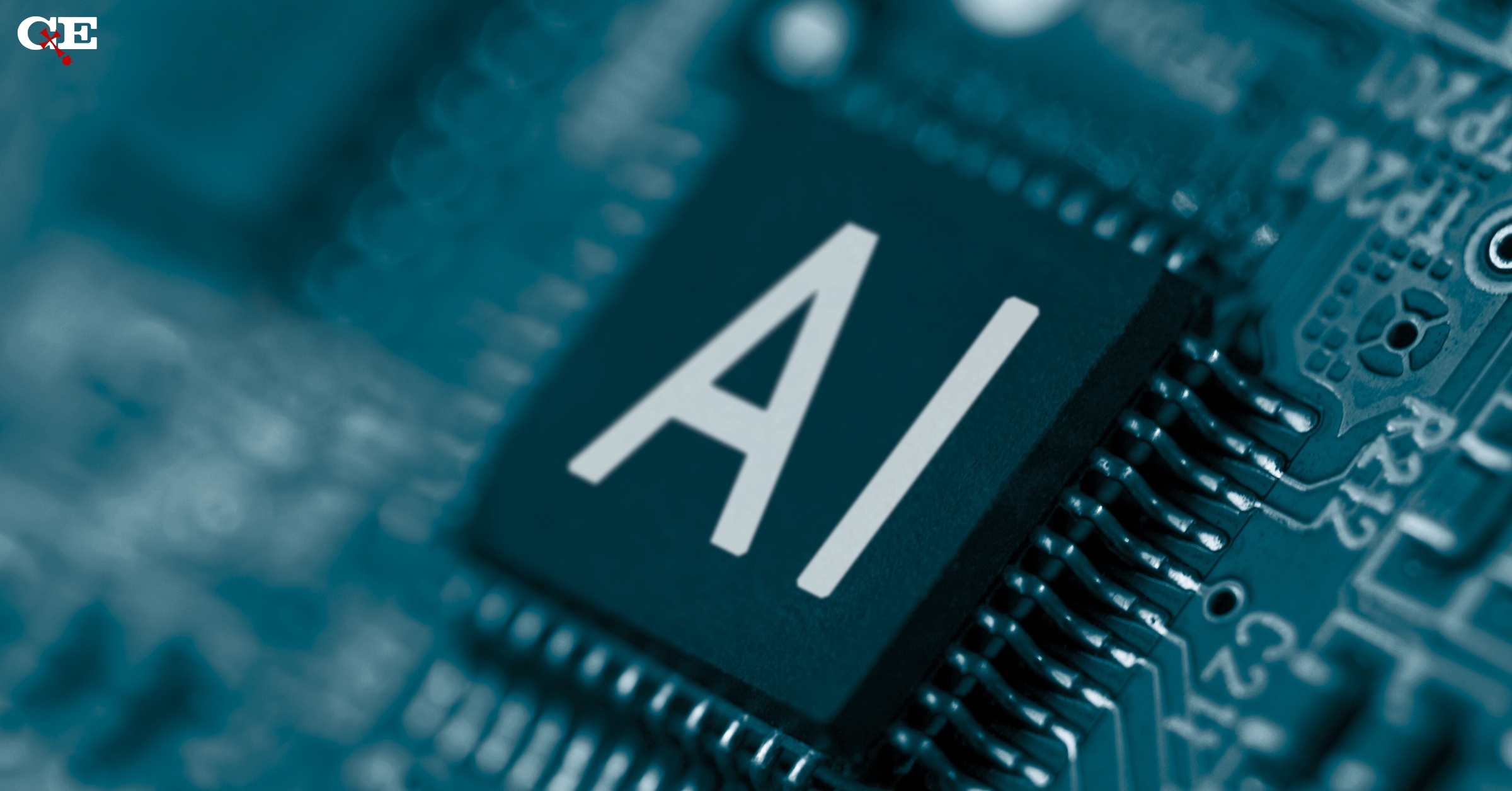
There’s no denying it. Things are getting really weird. Artificial Intelligence (AI) is all the rage in 2023, and why shouldn’t it be? We just got over a pandemic. Time to bring in the free-thinking robots. We’ve got to keep things exciting! If the world isn’t about to end, is it even worth living?
No Robot Apocalypse . . . Yet.
Alright, calm down. Robots aren’t actually about to take over the world. We’re not quite there . . . yet. But the truth is, the capabilities we are seeing with AI do have implications for how much our world will change before our eyes. As usual with technology and most things, these changes will consist of both costs and benefits. There are plenty of conversations to have concerning the ethics of using AI or whether our technology will lead to an existential crisis, but that’s not the point of this blog. What we are concerned with is how AI might affect our culture and the dominant worldview our kids are growing up around.
Note before we get into it – I am not “tech-negative.” In fact, my family is kind of techy! We own a virtual reality headset and a racing simulator for goodness’ sake. We’re nerds. So, while we are about to get into discussing a major negative ramification of AI that is almost certain to impact our entire culture, please keep this in mind: AI in and of itself is not evil. It is a neutral tool and has a ton of positive benefits for individuals and society at large. From a Christian worldview, humanity is sinful and we have an enemy who takes pleasure in hijacking good things and using them for evil. As disciples of Christ, we would be wise not to fall into either extreme view. We don’t need to categorize AI technology as demonic nor should we ignore every warning of negative ramifications.
It’s time to “chew and spit”[i] so that we can empower our kiddos to navigate our ever-changing, increasingly weird world with wisdom. Now say that 5 times fast! But first, what is AI exactly?
What is AI?
You should be aware that sometimes people mean different things when they use “AI.” Some people use AI to refer to software that is capable of human-like rationality. (There is a debate on whether that type of AI will ever be able to exist). But AI can also just refer to certain types of technology we use every day. For example, Google uses AI algorithms to “decide” which links are the most relevant to show you when you search for something. So, in general terms, AI is simply software that is programmed to imitate and exceed human capacities. It has innumerable applications. Keep reading to see how I used AI to generate a list of examples of how AI is being used in some incredible ways. It’s so meta.
How does AI work?
AI software “learns” by “training” it on a set of information (whether that data is text, images, or video). It must first be programmed to complete a specific task, and the algorithms get to work to “determine” how to accomplish that task based on the prompts of the programmer. So, for example, ChatGPT is a popular AI tool that has been programmed to imitate human conversation. When you ask it a question, it does a phenomenal job of responding as if you’re talking to a real person. You can even ask it follow-up questions, and the AI program will take into account the context of your questions based on your previous inputs.
Want to see it in action? I prompted ChatGPT with this: “Give me some examples of how AI is used today, including in the field of medicine.” The first response was helpful but a bit long. See the image below.
 I then replied, “Shorten that response by half.” Here’s what ChatGPT came up with:
I then replied, “Shorten that response by half.” Here’s what ChatGPT came up with:

I responded, “Thank you, this is perfect!” And ChatGPT politely replied, “You’re welcome! I’m glad the shortened response meets your needs. If you have any more questions, feel free to ask.”
Today’s AI technology is no doubt powerful, but it is extremely limited. No matter how alive it sounds, we are nowhere near the possibility of AI developing its own will and taking over the world, despite what you may have seen in films. You can breathe a sigh of relief! Regardless, AI is certain to have a major effect on our culture. It is being used to write essays and song lyrics and produce actual music, art, and even video. And the dark side of AI is already being used to exploit and scam unsuspecting victims, including our tech-native kids.
AI is only going to improve in both quality and quantity. And while much of what is being produced now is impressive, in the near future it could become nearly impossible to distinguish between what’s man-made and AI-made. Case in point:

War on Reality
Most of us have already learned to question the news, politicians, and viral social media content. Sometimes it feels nearly impossible to know what’s true. Part of our postmodern problem is our overload of “information.” With all of our access to conflicting opinions, especially by experts and scholars, it becomes a lot easier to throw up our hands and say, “Even if truth exists, no one can know it!” How much more will this problem be exacerbated by the exponential growth in “information,” images, and video generated by AI that are already flooding the internet?
People who use ChatGPT should be aware that according to its own website, “ChatGPT will occasionally makeup facts or ‘hallucinate’ outputs.” Melissa Heikkilä, senior reporter at MIT Technology Review, warns that AI will pollute the internet. As AI generates its mix of truth, lies, and propaganda, guess what data the AI will go back and use to generate more content? Much of what the AI will be sampling from will be its own previous answers, which may not be true. And it will do this again and again. Heikkilä elegantly refers to this potential phenomenon as “a snowball of bull$#!&.” And apparently, we’re not just talking about text but also images.
Our kids are growing up in a world where they will need to question every photo, every video, and every article they read. In a way, we are already there. But it will become increasingly more difficult to distinguish between the lies, the truth, and especially the almost true.
Will there be any objective truth for us to cling to so we can keep a grip on reality? The good news is, yes! There will always be objective truth. But discerning that truth is going to take work. And unless we are committed to training our children in how to think well and process this content they will stand little chance against the lies of postmodernism.
So how do we prepare our kids?
Contrary to what culture tells us, we are not responsible for creating our own reality. Let that burden be removed from your shoulders if you’ve been carrying it! Reality is what it is, truth whatever corresponds to it. And that’s no matter how many silly humans come along and try to deny it. This is good news because while we are caught in this “war on reality,” reality itself is actually safe. The enemy is the author of confusion. But since God is the Creator, then He is the arbiter of truth since reality begins with Him.
So, our goal should be to work on sharpening our skills to be able to recognize that truth. And we absolutely need to teach these skills to our kiddos. “But HOW?!” If you’re panicking, don’t worry! We’ve got you. . . . stay tuned for Part 2 of “What The Heck Is Artificial Intelligence And Why Does It Matter?”.
Alexa Cramer is a Blog and Podcast Contributor and Video Content Creator with MamaBearApologetics.com. She’s also a homeschool mom of two. She became obsessed with apologetics after a season of doubt that nearly stole her faith. Alexa has a background in film and video and will willingly fight anyone who doesn’t agree that DC Talk is the best band that ever graced the earth.
References:
[i] Editor’s Note: The terminology of “chew & spit” was coined by John Ferrer but elaborated and popularized by Hillary Ferrer of Mama Bear Apologetics. It refers to “chewing” ideas, “spitting” out the bad parts, and “swallowing” the good parts. In other words, it’s a method of discernment. For more see: https://mamabearapologetics.com/mba057-teaching-kids-chew-spit/
Recommended Resources:
Debate: What Best Explains Reality: Atheism or Theism? by Frank Turek DVD, Mp4, and Mp3
Jesus vs. The Culture by Dr. Frank Turek DVD, Mp4 Download, and Mp3
Reflecting Jesus into a Dark World by Dr. Frank Turek – DVD Complete Series, Video mp4 DOWNLOAD Complete Series, and mp3 audio DOWNLOAD Complete Series
I Don’t Have Enough Faith to Be an Atheist (Paperback), and (Sermon) by Norman Geisler and Frank Turek
Alexa Cramer is a Blog and Podcast Contributor and Video Content Creator with MamaBearApologetics.com. She’s also a homeschool mom of two. She became obsessed with apologetics after a season of doubt that nearly stole her faith. Alexa has a background in film and video and will willingly fight anyone who doesn’t agree that DC Talk is the best band that ever graced the earth.
Originally posted at: https://bit.ly/405FsMk

